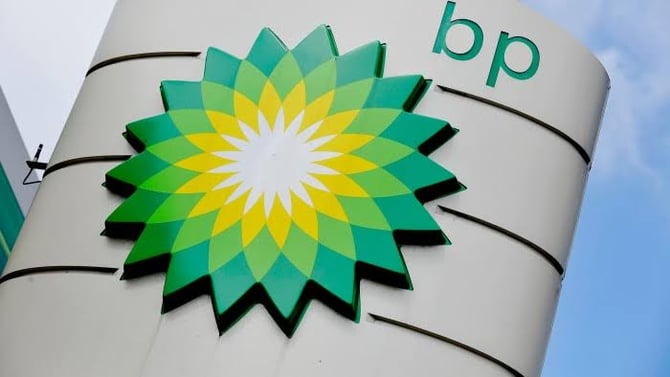BP Earnings Slide as Oil Prices Weigh Heavily on Profit

BP reported its lowest quarterly earnings since 2020, impacted by sliding crude prices and lower refining margins. The British energy giant recorded an underlying replacement cost profit of $2.3 billion for the July-September period, slightly above market expectations of $2.1 billion. However, this figure marked a drop from BP’s net profit of $2.8 billion in the second quarter and $3.3 billion in the same period last year.
BP’s earnings decline reflects a challenging environment, with oil prices falling over 17% in the third quarter due to weak global demand outlooks.
The company maintained its dividend at 8 cents per share but kept its share buyback rate steady at $1.75 billion over the next quarter. BP plans to announce an additional $1.75 billion buyback in Q4 but hinted at possible adjustments to its 2025 financial guidance, likely in response to the weaker macro environment.
What Does This Mean for Me?
Despite some concerns among investors over BP’s strategic direction, its focus remains on near-term profitability. While BP had initially aimed to cut oil and gas production by 2030 to meet net-zero targets, reports indicate it may redirect investment toward profitable fossil fuel projects in the Middle East and Gulf of Mexico.
In the meantime, BP’s shares fell around 2.5%, contributing to a year-to-date drop of over 16%. With European peers like Shell and TotalEnergies set to report soon, the market will be watching how they respond to similar pressures.
More News

Wall Street Rallies as the S&P 500 Pushes Deeper Into Record Territory
1 day ago

Novo Nordisk Shares Soar as FDA Clears First Weight-Loss Pill
5 days ago

From Comeback to Contender: Can Europe’s Banks Deliver Again in 2026?
1 week ago

Oracle’s Miss Stirs Fresh AI Bubble Jitters
2 weeks ago

Netflix’s $72bn Power Play Sets Up a Streaming Shockwave
3 weeks ago

HP Bets on AI as Cost Pressures Mount and Layoffs Deepen
1 month ago

SoftBank Cashes Out of Nvidia to Double Down on AI Bets
1 month ago

Amazon Rallies 13% as Cloud and AI Power Record Earnings
1 month ago